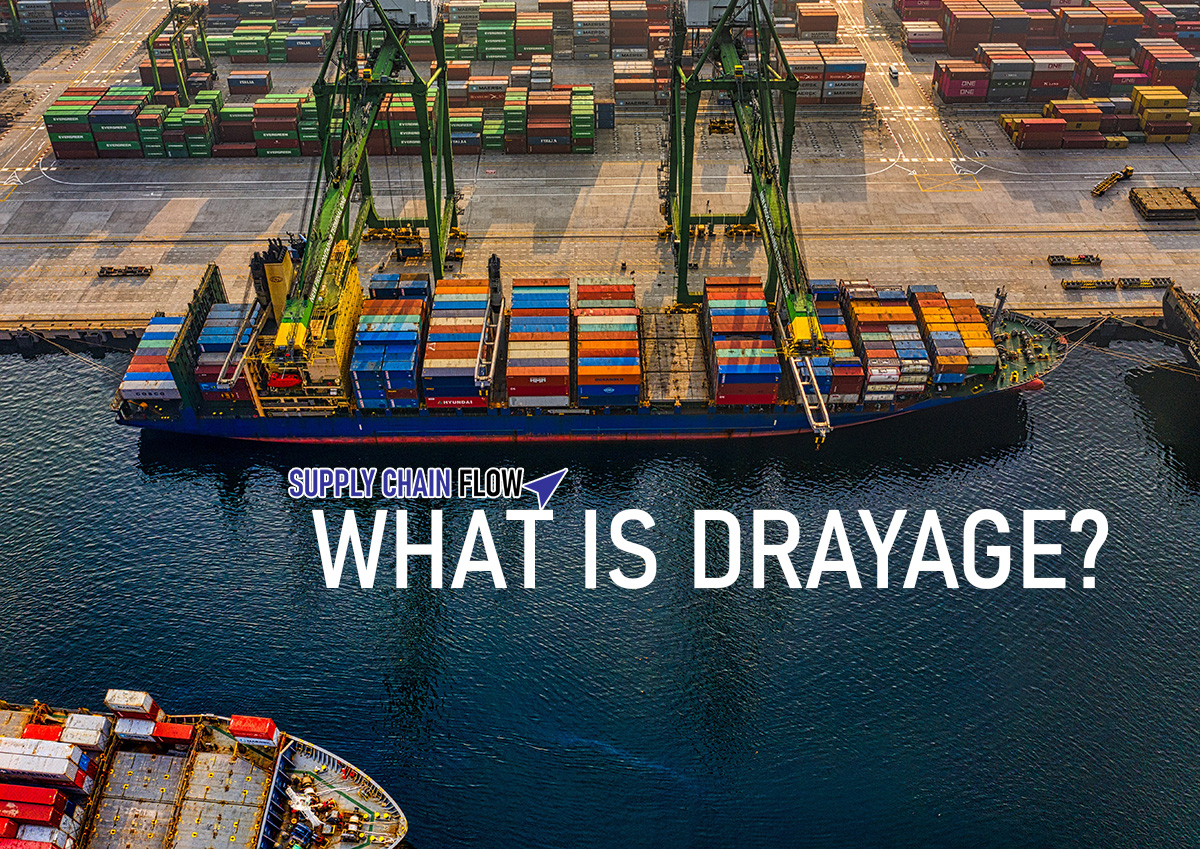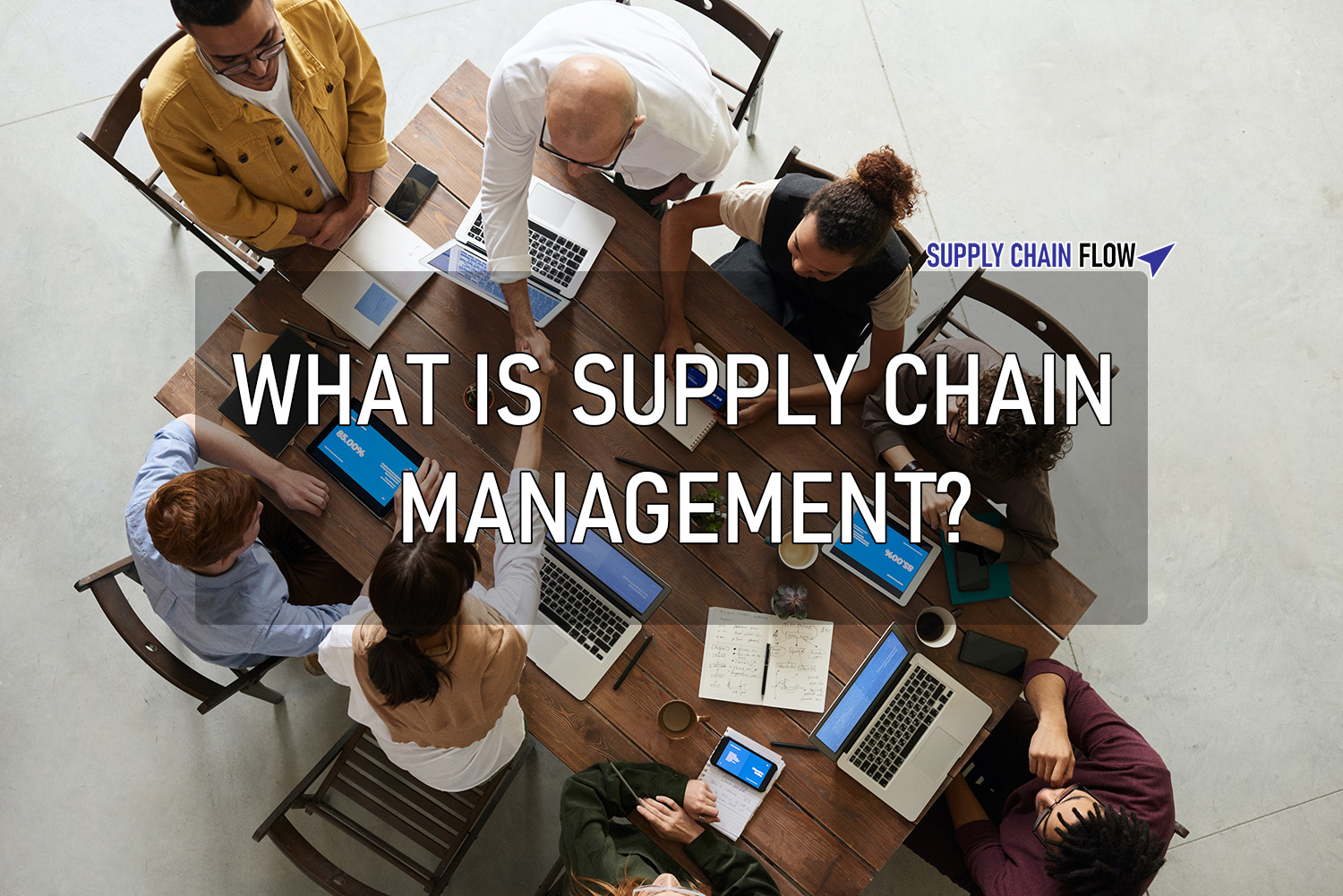What is Drayage?

What is Drayage? In international shipping, when talking about Drayage, it's the term used to refer to trucking ocean containers from one location to another. Usually, a vessel arrives at the Port of Discharge and your container is unloaded at the port using a crane.
You can read the wiki entry here on Drayage to get a brief history on the subject.
Dray Carriers
There are good and bad dray carriers. A good dray carrier is typically "no news is good news" and operates efficiently and without much intervention. A bad dray carrier can create chaos for your warehouse, never getting inbounds on time, and can constantly rack up hundreds if not tens of thousands in storage fees when not picking up efficiently.
Dray Chassis
The container sits in a storage area outside until your dray carrier comes to pick it up, or until a train comes to take it to the inland final destination. A dray carrier typically gets a chassis from the port terminal or provides their own, and more cranes are used to load the container onto their chassis.
In recent times, a nationwide shortage of chassis has caused extreme delays and storage fees to rack up across the United States. The Chassis manufacturers shut down due to COVID, and with estimates and forecasts telling them demand would be less - they did not produce enough. Now, they demand any price they want - and don't really have much of an incentive to increase supply for chassis.
If at all possible, I'd recommend working out a deal with your contracted Dray carriers to secure and use dedicated chassis for your freight.
Port Operations
Ports in the United States are fairly efficient, with most ports being open 7am - 5pm or so, Monday through Friday. Some ports are open on weekends with limited hours - those are ideal. Ports are a necessary part of transportation, but no matter how lucky you are, you will see delays.
If a crane is down, you're typically out of luck until the next day. Hurricanes can shut down ports for several days. High or low water levels, fog - there are plenty of reasons for delays.
Some ports seem to be more consistent in processing containers than others, although all ports tend to have busier and slower seasons. Some ports have busier seasons than others. Others it's just luck of the draw. Most containers coming into the United States come through Long Beach/Los Angeles, determined by all of our imports from Asia, China especially.
Port operations can be fickle; when over capacity, ports may decline to accept a vessel that was originally scheduled to discharge, meaning the vessel will have to skip that port and go on to its next stop. This isn't a common occurrence, but it's happening more and more. Containers that arrive at the wrong port are typically railed to the correct port or destination terminal by the Ocean carrier, but that process usually causes delays. I once had a group of containers sit in Florida for three weeks pending a train back to Atlanta!
Rail Operations
With the limited number of rail carriers in the United States, rail operations are kind of like the Wild West. The rail carriers operate on their own schedules, seemingly set their own rules, and when a crane is down or they're out of equipment for your truckers, they kind of shrug their shoulders and say "good luck".
You won't be able to really track containers along trains, typically truckers track and trace daily and see when the railcar shows up on any given day. Once your container arrives at the railyard, you typically have two days (48 hours) to pick up until it goes into storage. That means if your container arrives Friday night, it will already be owed storage charges on Monday morning.


